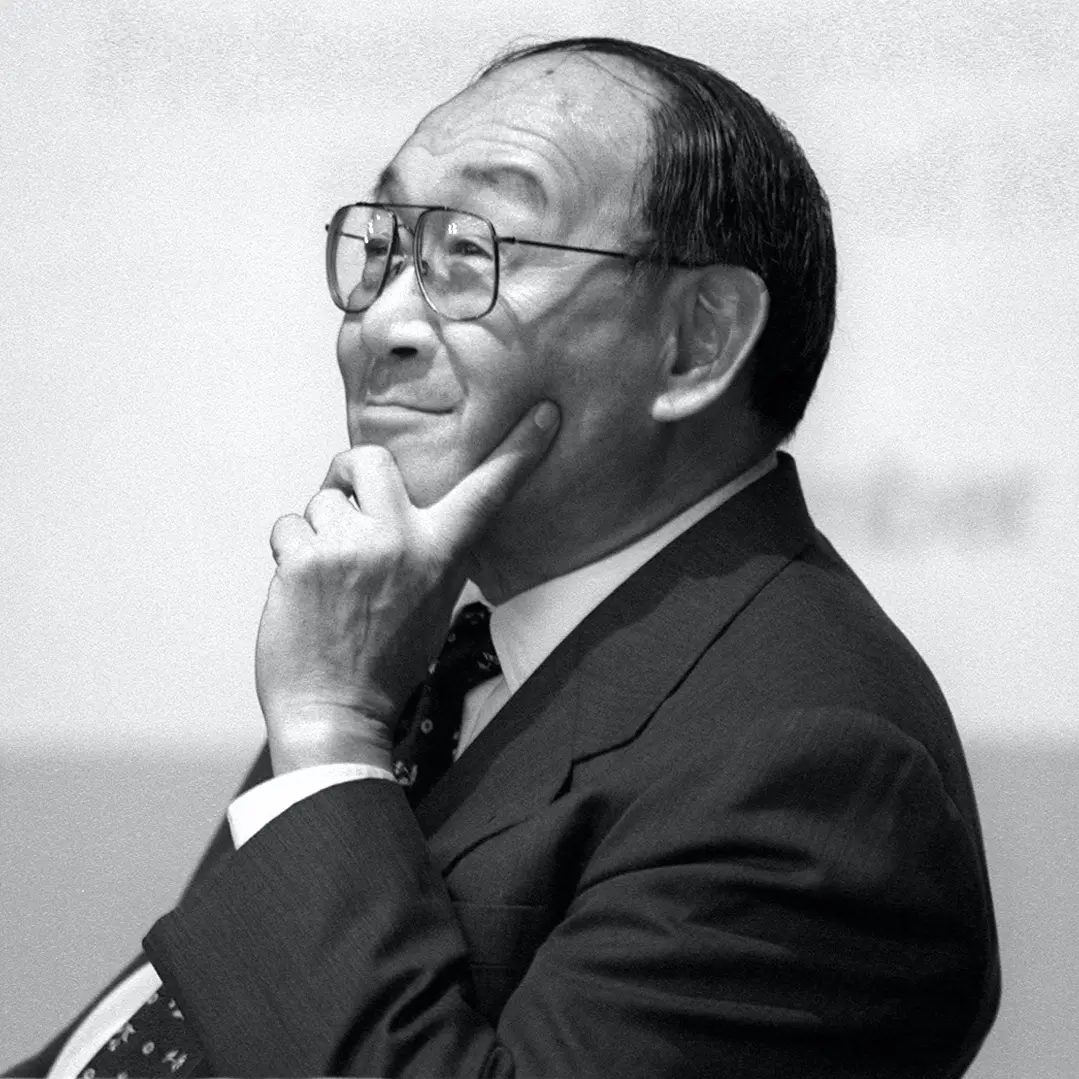China Seminar | 14 May 1998
1898: Continuing the Story of China in the Last Hundred Years
In the summer of 1898, following China’s defeat by Japan in 1894-95, a major reform occurred under the leadership of Kang Youwei, who gained the ears of the Guangxu emperor. Known as the Hundred Days' Reform, for it lasted but the three months of summer, this reform effort holds many lesson of institutional change in China. One goes back to the 11th century to find another reform of such magnitude. Both failed at institutional change. Now, reform of institutions once again are heard in China. What lessons can be learned from events a hundred years ago? Professor Kwok will devote the last seminar before summer to attempt a few answers.
Professor Kwok is a recent emeritus member of the history department of the University of Hawaii, where he has taught undergraduate and graduate courses on Chinese history, Chinese intellectual history and World Civilizations. He has concurrently served in numerous administrative posts, including chair of Asian Studies, chair of History Department, chair of Council of Chinese Studies, and director of Center for Chinese Studies. Among his writings are Scientism in Chinese Thought, 1900-1950; Cosmology, Ontology, and Human Efficacy: Essays in Chinese Thought (with Richard J. Smith) (1993), and the recently published Turbulent Decade: A History of the Cultural Revolution (translator and editor of work by Yan Jiaqi and Gao Gao) (1996), and The Urbane Imagination: Ideas of Civilization in the Chinese Garden (Kendall/Hunt, 1997).
